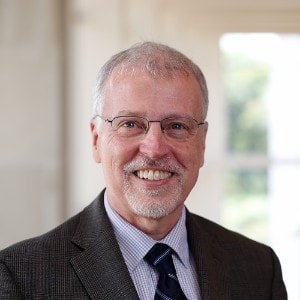Time: Friday, 4 November 2022, 10:30–12:00
Room: LW420
Ramesh Sharda
Chuck and Kim Watson Chair
Vice Dean for Grad Programs and Research
Regents Professor of Management Science and Information Systems
ConocoPhillips Chair of Technology Management
Spears School of Business
Oklahoma State University
https://business.okstate.edu/directory/16728.html
Abstract
Networks have been around a long time, but analytics/data science projects seldom use network level properties directly in analyzing a problem. We illustrate how network measures can be used to help inform medical decision-making. Examples include network applications in descriptive, predictive, and prescriptive analytics: Applications of network metrics in health analytics – comorbidities; descriptive analytics in health demographics based upon comorbidities; incorporating comorbidities to predict hospital lengths of stay; clique modeling to determine identify diseases combinations that impact mortality, etc.
Bio
Ramesh Sharda is the Vice Dean for Research and the Watson Graduate School of Management, Watson/ConocoPhillips Chair and a Regents Professor of Management Science and Information Systems in the Spears School of Business at Oklahoma State University. He has coauthored two textbooks (Analytics, Data Science, and Artificial Intelligence: Systems for Decision Support, 11th edition, Pearson and Business Intelligence, Analytics, and Data Science: A Managerial Perspective , 4th Edition, Pearson). His research has been published in major journals in management science and information systems including Management Science, Operations Research, Information Systems Research, JMIS, EJIS, Decision Support Systems, Interfaces, INFORMS Journal on Computing, and many others. He is a member of the editorial boards of journals such as the Decision Support Systems, Decision Sciences, ACM Database, and Information Systems Frontiers. He served as the Executive Director of Teradata University Network through 2020 and was inducted into the Oklahoma Higher Education Hall of Fame in 2016. Ramesh is a Fellow of INFORMS and AIS. He was the winner of 2020 OSU Eminent Faculty Award. Ramesh also won the Fulbright Distinguished Chair Award at Aalto University in Finland for 2022-2023.

